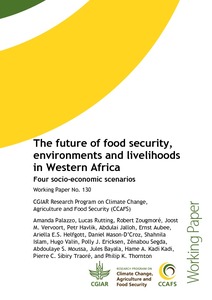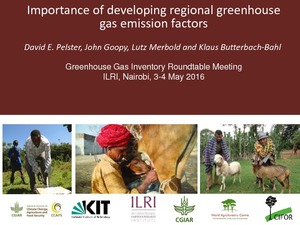Managing Coastal Risks in West Africa
Coastal erosion is a naturally occurring
process that is accelerated by human impacts. Artificial
stabilization of the shoreline, the deterioration of natural
formations, the construction of infrastructure, the
extraction of materials, and the proliferation of dams
deprive fragile coastal areas of important sediment
deposits, which leads to erosion. Degradation of the
shoreline reduces the natural protection of coastal areas to



